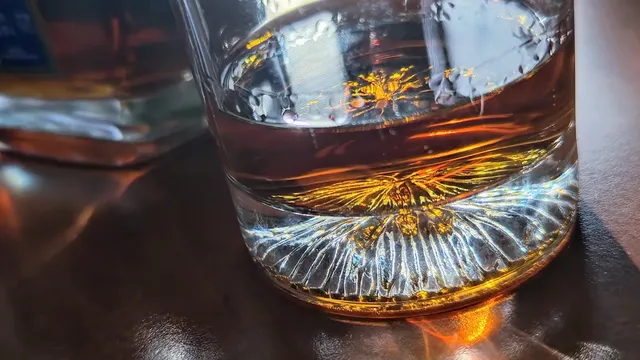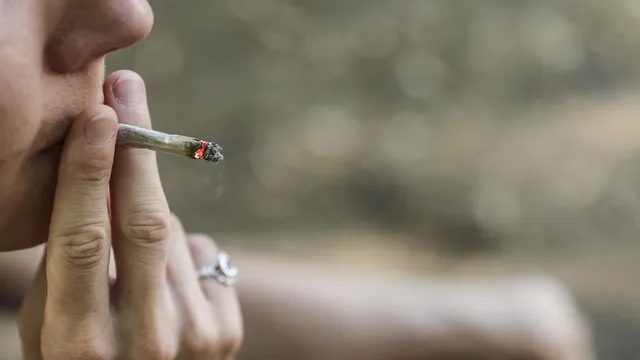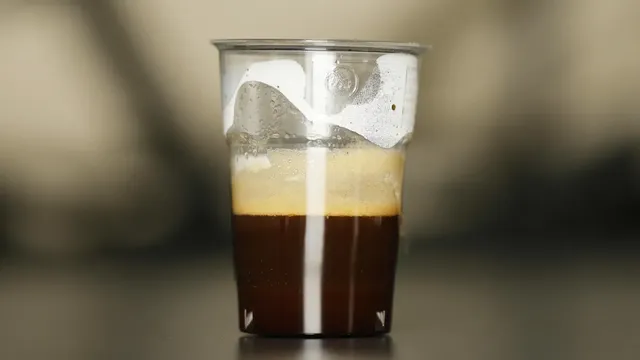Depression is a common mental health condition that affects millions of people worldwide. It can make everyday life difficult, causing sadness, lack of energy, and loss of interest in activities.
A new type of brain stimulation has shown fast and lasting effects on depression, the website Knowridge reports.
While many people use medication or talk therapy to treat depression, these methods don’t always work for everyone. Scientists are already exploring new ways to help, and one promising method involves gentle electrical stimulation of the brain.
A recent study from UCLA Health looked at a new type of brain stimulation called high-definition transcranial direct current stimulation (HD-tDCS). This treatment is noninvasive, meaning it doesn’t require surgery or penetration into the body.
It uses small, safe electrical currents delivered through electrodes placed on the scalp. These currents target specific areas in the brain associated with emotions and negative thoughts.
This new method is a more precise version of an older treatment known as tDCS. The “high-definition” version uses smaller electrodes and brain imaging to more precisely target electrical currents to the exact parts of the brain that need help. This makes the treatment more personalized for each person.
In the study, researchers worked with 71 people with moderate to severe depression. The group was split into two: one group received real HD-tDCS treatment, and the other group received a fake (“placebo”) treatment that did not stimulate the brain. Both groups underwent sessions over a 12-week period.
The results were promising. People who received the real HD-tDCS treatment said they felt better by the sixth day. Their mood continued to improve throughout the 12 days and even stayed better for at least four weeks after the treatment ended.
This was much faster and more effective than results seen in past studies with older forms of tDCS, as well as traditional treatments such as medication or therapy.
Dr. Mayank Anant Jog, one of the researchers, explains that by focusing directly on the brain areas affected by depression, the team was able to improve both mood and daily life for many patients. He also mentions that the method may also help people with anxiety, although more research is needed to confirm this.
Dr. Catherine Nar, the lead researcher, says that the treatment caused very few side effects, and most were mild. Because the method is simple and could in the future be used even at home, it could become a good alternative for people looking for something other than medication or therapy.
However, the study has some limitations. It did not look at how the method combined with other depression medications. It also did not fully investigate how personalized brain targeting works in each individual case. Future studies will try to answer these questions and see how long improvements are maintained with continued treatment. | BGNES

 Breaking news
Breaking news
 Europe
Europe
 Bulgaria
Bulgaria







